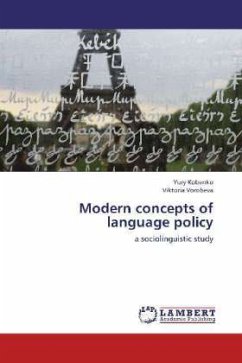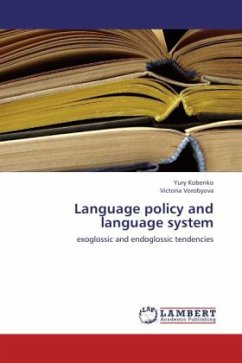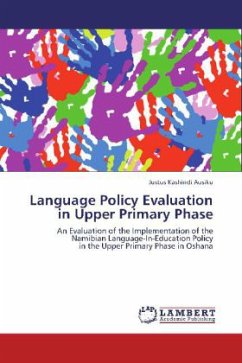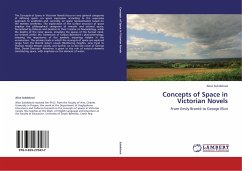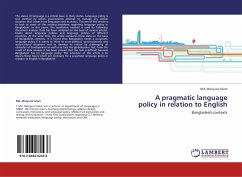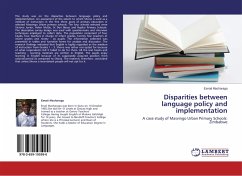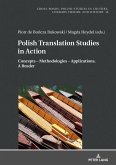The present monograph discusses modern concepts of language policy and analyzes approaches to interpretation of sociolinguistic realia. Modern language situations refer to complex historical and cultural paradigms, being characterized by different combinations of social, ethnic, cultural, political, economic and other components. At the first sight these paradigms are definitely unified in the conditions of the globalization proceeding at an obvious political domination of the USA. However, as a number of the latest researches shows, processes of modern globalization only deepen specifics of language situations, strengthening a dialecticism of languages and dispersion of cultural matter. Actual tendencies of language development reflect not only the current dynamics of the system changes caused, for example, by politicization of cultures, but also the specific of historical change of a certain language system. Practice of the description of modern communicative spheres is even more often based on the analysis of historical preconditions of languages genesis, referring authors to the thesis of Baudouin de Courtenay about the existence of "a certain line of language development".
Bitte wählen Sie Ihr Anliegen aus.
Rechnungen
Retourenschein anfordern
Bestellstatus
Storno

